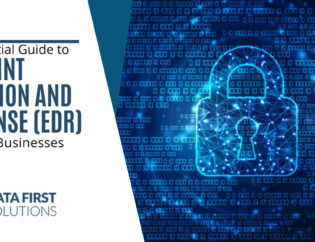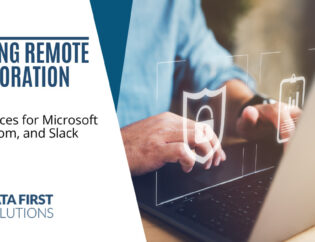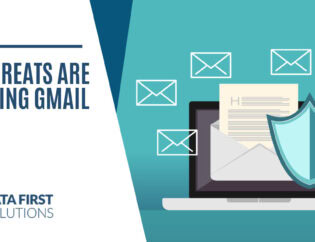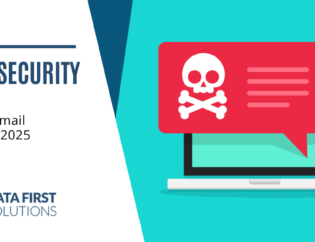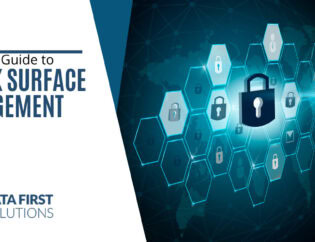
How Does Encryption Protect Personal Communication?
Encryption keeps personal communications private and secure. Whether you send a text message or an email, encryption scrambles the content so only the intended recipient can read it. This is particularly important in an era where cyber threats are rampant.
Most of the messaging platforms today operate with end-to-end encryption, which encrypts the messages at the user’s sending device and decrypts on the user’s receiving device; thus, interception by anyone through any medium wouldn’t yield anything substantial for the perpetrator without access to the decrypting key. This level of security keeps private information secret, where it should stay.
Another critical aspect of protecting personal communication is email encryption. Many email services provide options for message encryption to secure messages and not allow unauthorized access to sensitive information.
Why Is Encryption Vital for Financial Transactions?
Encryption plays an important role in securing your financial transactions. From making a purchase online to transferring money using a banking application, it protects your financial data every time from hackers. Without encryption, your credit card numbers, bank account details, and other sensitive information could be exposed to cybercriminals.
E-commerce websites make use of very important encryption protocols, such as SSL, which ensure that even information passed from your browser to the website is not compromised. This prevents attackers from intercepting your payment information during a transaction.
Banks and financial institutions also heavily rely on encryption in protecting their customers’ data. Advanced methods of encryption are used to secure transactions so that your financial activities remain confidential and secure from unauthorized access.
How Does Encryption Enhance Data Privacy?
Data privacy is increasingly becoming a concern today because much of our personal data rests online. Encryption, to that effect, forms an essential barrier to protect such crucial information from unauthorized access. In other words, encryption of sensitive information, whether a social security number or hospital medical records, will deny any unauthorized person access unless one is granted access.
Cloud storage services often use encryption, whereby even in the instance of a data breach, such information stolen would remain unreadable without a key to decrypt it. Therefore, users can securely store their files in the cloud, knowing that any of their personal information is irrevocably protected with powerful encryption measures.
Encryption also makes it easier for organizations to follow regulations on data protection. Regulations like the General Data Protection Regulation require organizations to make all reasonable attempts to secure personal data. Using encryption will give the companies an upper hand in showing how serious they are with customers’ information.
What Role Does Encryption Play in Secure Browsing?
Encryption helps in web browsing safely by protecting clients from numerous kinds of threats online. Starting with HTTPS, you knew you are in an encrypted network. In simple terms, anything that will happen between you and that particular website will definitely be in the private area and secure enough.
HTTPS allows for encryption of the channel between your device and the web server, which ensures that attackers cannot intercept your sensitive information, such as login credentials or personal details. This is important when you open a website and have to put in your personal information or any other kind of transaction.
Web browsers use encryption in order to save stored passwords and other information that requires security. The browser prevents this sensitive information from falling into wrong hands through encryption.
How Does Encryption Support Secure File Sharing?
File sharing is an important concern for individuals and businesses alike. Encryption lets users securely share files because only the intended recipient can open the file. This is critical when the document shared is of a sensitive nature or proprietary in content.
Most of these services offer end-to-end encryption, where the files are encrypted before they leave your device and are decrypted only at the recipient’s device. This level of security prevents unauthorized access in transit and keeps your files confidential.
Businesses use encrypted file-sharing solutions to securely collaborate with partners and clients. In this way, companies protect intellectual property and business operations by encrypting shared documents.
How Would You Like to Secure Your Data with Us?
Encryption is an indispensable tool for protecting information in our digitized world; from personal communication to financial transactions, it has huge and vital applications. Whether you want to upgrade your security with the latest encryption solution, feel free to contact Data First Solutions today!



